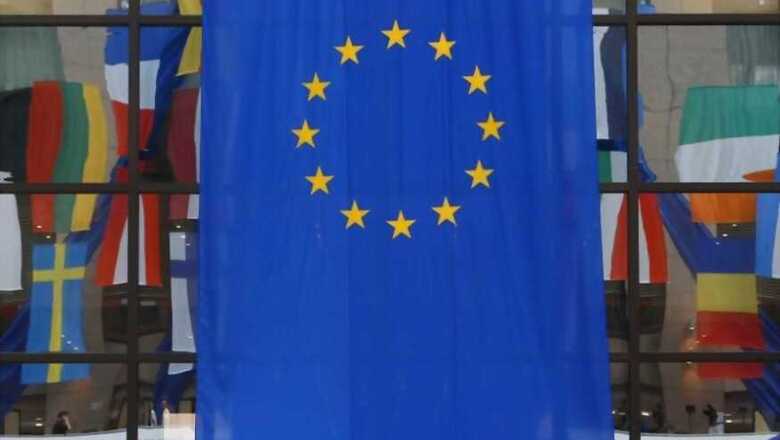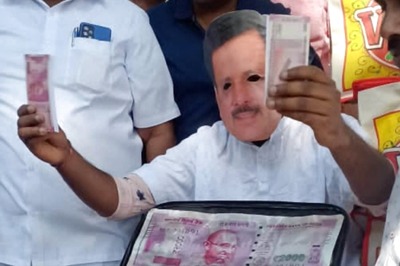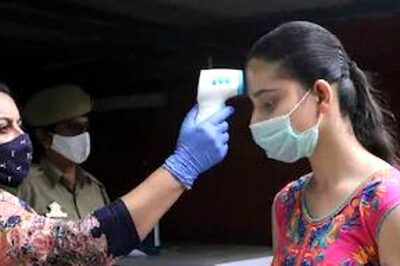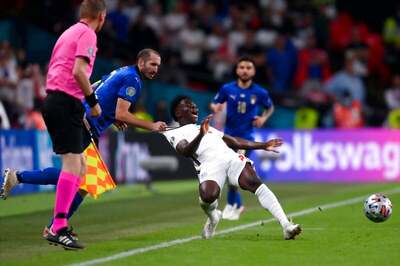
views
Brussels: European foreign affairs ministers and the NATO secretary general are gathering in Brussels for an emergency meeting during which they are expected to reiterate their support for the nuclear deal brokered with Iran.
Despite calls from US president Donald Trump to break away from the deal, which is aimed at preventing Iran from getting atomic weapons, the European Union remains committed to the treaty amid an escalation of tensions in the region.
Iran struck the deal in 2015 with the United States, France, Germany, the United Kingdom, Russia and China. It has, however, been damaged by US President Donald Trump's decision to unilaterally abandon it in 2018, triggering sanctions that have badly hurt Iran's economy.
Iran has gradually rolled back its commitment to the accord and the recent exchange of hostilities between Iran and the US has dealt further blows to the pact. After its top general, Qasem Soleimani, was killed in a US drone attack, Tehran announced it would no longer respect limits set under the deal on how many centrifuges it can use to enrich uranium.
Speaking on French radio RTL ahead of the meeting, French Foreign Minister Jean-Yves Le Drian continued to insist the accord "is not dead" and said it's essential to salvage it. Blaming the US decision to withdraw, Le Drian said Iran could get access to atomic weapons within one or two years" if the deal continues to lose its substance.
In a phone call with Iranian president Hassan Rouhani, UK Prime minister Boris Johnson also reaffirmed his support for the treaty, and the EU's top diplomat, Josep Borrell, said this week the deal is today more important than ever."
Borrell has invited Iranian Foreign Minister Javad Zarif to Brussels for talks, but a date for his visit has yet to be set The Council of EU foreign ministers will also assess the crisis in war-torn Libya, and will be briefed by NATO secretary general Jens Stoltenberg.
The council said in a statement it will be focusing on ways to deescalate tensions in the region."Speaking to German broadcaster n-TV, German Foreign Minister Heiko Maas said "the door has been opened" to talks about conflicts in the region, not just Iraq and Iran but also Syria and Yemen.
He reiterated Germany's position that the fight against IS in Iraq needs to continue.




















Comments
0 comment